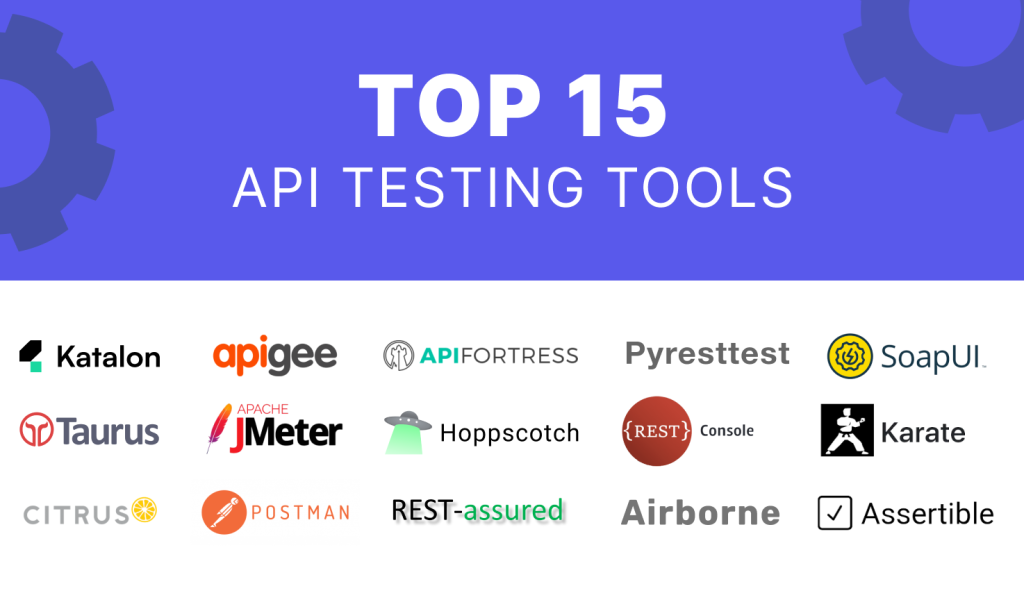
The mocking landscape continues to evolve in 2024, bringing new features and advancements to various tools. Here’s a breakdown of some top contenders:
Popular and Versatile Options:
- Mockito: An open-source, widely-used Java library known for its clean API, ease of use, and rich mocking capabilities. It supports mocking various objects, methods, and interactions.
- JMockit: Another popular open-source option for Java, JMockit offers a non-intrusive approach to mocking and allows mocking static methods, private methods, and constructors.
- PowerMock: Specifically designed for Java, PowerMock excels at mocking final methods and classes, making it valuable for testing legacy code or code with restricted access.
Advanced Features and Integrations:
- MockK: A Kotlin-specific mocking library with a concise syntax and powerful features like inline mocks and mocking final methods. It integrates well with other Kotlin testing tools like JUnit and Kotest.
- WireMock: A versatile API mocking tool supporting various protocols like HTTP, SOAP, and GraphQL. It offers recording and replaying functionalities, making it ideal for API contract testing and service virtualization.
- Mockito Extensions: A collection of extensions for Mockito that add functionality like inline mocks, mocking final methods, and property mocking, further enhancing its capabilities.
Modern and Cloud-based Options:
- Mockolo: This modern mocking library for Swift boasts a clean syntax, type-safety, and powerful features like mocking protocols and closures. It’s a good choice for developers working with Swift and Xcode.
- Mocker API: A cloud-based API mocking platform allowing users to create and manage mock APIs easily. It offers features like data generation, request validation, and collaboration tools, making it ideal for quick prototyping and API testing.
- Moqui: This cloud-based mocking platform supports various technologies like Java, Python, and Node.js and offers features like service virtualization, performance testing, and continuous integration integration. It’s a good choice for organizations seeking a comprehensive mocking solution.
The best mocking tool for you depends on your specific needs and preferences. Consider these factors when making your choice:
- Programming language: What programming language are you using?
- Mocking needs: What specific objects, methods, or interactions do you need to mock?
- Desired features: Are you looking for basic mocking or advanced features like inline mocks or mocking final methods?
- Ease of use: How important is a user-friendly interface and API for your team?
- Budget: Are you looking for an open-source or paid tool?
By carefully assessing your needs and exploring the available options, you can select the mocking tool that empowers your team to write cleaner, more maintainable tests and achieve efficient software development.
Say goodbye to the hassles of bike ownership! MotoShare.in offers affordable rentals, whether you need a scooter for errands, a bike for a road trip, or a reliable ride to explore new cities.

 Starting: 1st of Every Month
Starting: 1st of Every Month  +91 8409492687
+91 8409492687  Contact@DevOpsSchool.com
Contact@DevOpsSchool.com
